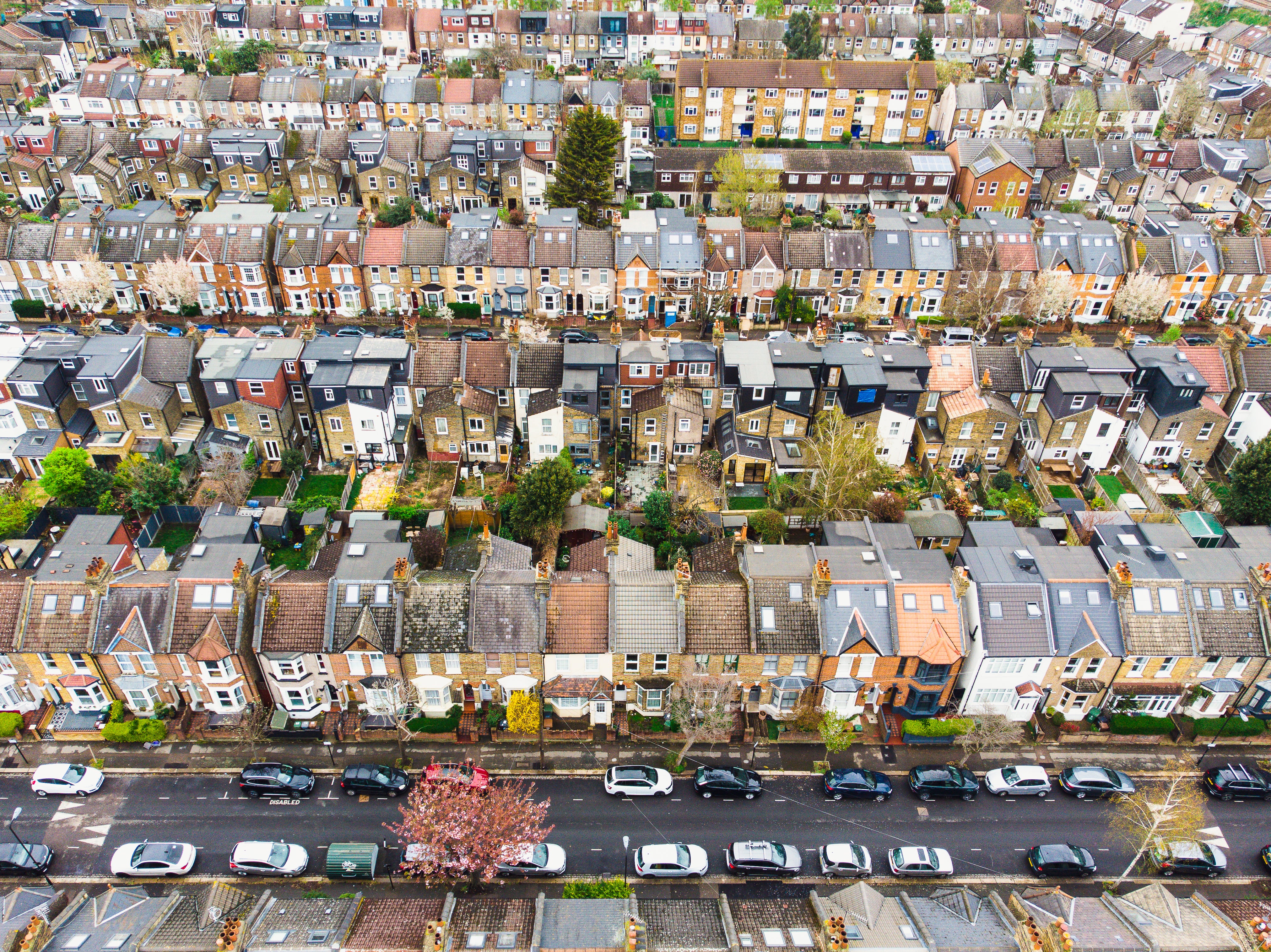Social landlords with worst record for complaints named by housing watchdog
The physical condition of homes was the biggest reason for referrals to the watchdog over the year period

Your support helps us to tell the story
From reproductive rights to climate change to Big Tech, The Independent is on the ground when the story is developing. Whether it's investigating the financials of Elon Musk's pro-Trump PAC or producing our latest documentary, 'The A Word', which shines a light on the American women fighting for reproductive rights, we know how important it is to parse out the facts from the messaging.
At such a critical moment in US history, we need reporters on the ground. Your donation allows us to keep sending journalists to speak to both sides of the story.
The Independent is trusted by Americans across the entire political spectrum. And unlike many other quality news outlets, we choose not to lock Americans out of our reporting and analysis with paywalls. We believe quality journalism should be available to everyone, paid for by those who can afford it.
Your support makes all the difference.The social landlords in England with the worst records of complaints have been named by the housing watchdog, which said the failures were “deeply concerning” and that poor performance was “still at unacceptably high levels”.
The Housing Ombudsman said landlords’ handling of complaints needed “significant improvement” with more than two-thirds of probes into complaint handling being upheld by the watchdog.
Richard Blakeway, the Ombudsman for England’s 4.4 million social homes, concluded there was maladministration in 90 per cent of the complaints cases brought to it by tenants of Golding Homes, which provides housing for more than 21,000 people across Kent, including in the case of a resident who complained for seven years about problems including damp and cold.
He said 86 per cent of complaints considered about Lambeth and Southwark Housing Association in London were judged to amount to maladministration, and 89 per cent of complaints about East Devon district council. The figures relate to the period from April 2021 to March 2022.
The Ombudsman has written to 32 landlords where it found maladministration in at least 50 per cent of its decisions, and for five of those landlords it was more than 75 per cent. This compares to an overall rate of 48 per cent where the Ombudsman upheld at least one part of the complaints in its cases.
In 59 per cent of property condition complaints, the Ombudsman found there had been service area failures by the landlord, 20 per cent of which were resolved through the landlords’ own complaints procedure. However, the Ombudsman upheld 39 per cent of all property condition complaints.
There were failures in 86 per cent of complaint handling complaints, 20 per cent of which were put right during the landlord’s own procedure, and 66 per cent upheld following the Ombudsman’s investigation.
The physical condition of homes was the biggest reason for referrals to the watchdog over that period, and in more than half of cases it concluded there had been service failures by the landlord.
Richard Blakeway said: “We recognise that social landlords and residents are facing unprecedented challenges, with a cost of living crisis and ageing homes, but a positive complaints handling culture remains vital. Our review highlights the challenges with embedding this and also shows poor performance in some service areas still at unacceptably high levels.
“Too often landlords can focus on managing the reputational risk to their organisation when things go wrong, rather than learning and improvement.”
An East Devon District Council (EDDC) spokesperson said the local authority accepts that it let down its tenants in four of the five cases listed by the housing watchdog.
“We accept the Ombudsman’s findings and continue to take a learning approach to all outcomes. We recognise where the areas of improvement are for us, two key areas being improved communication with residents as well as improved record keeping. Both issues have been impacted by high levels of vacancies we have experienced in the housing team.
“We are reassured to note that the vast majority of housing complaints received (97 per cent) during 2021/22 were resolved locally, indicating that our internal complaint procedure is working effectively in providing resolution and remedy for our residents at the earliest possible stage. That said, any finding of maladministration by the ombudsman is something that we need to learn from”.
Steph Goad, chief executive of Golding Homes said: “We had a meeting with the Housing Ombudsman at the end of November to discuss our current approach to complaints handling and they expressed no concerns to us.
“This headline rate on maladministration from 2021/22, is based on a small sample of three cases in a year, with maladministration found in two cases. We understand two cases is still too many and we fully accepted the Ombudsman’s findings in these cases and have been working to put things right and learn from them.”
A spokesperson from Lambeth and Southwark Housing Association said: “In 2021/22 the Housing Ombudsman considered one complaint by a LSHA tenant about our service. Within that complaint, they found elements of maladministration and service failure. We take the findings very seriously and complied with the Housing Ombudsman’s recommendations. We don’t always get things right first time, but we learn from our complaints to improve the service we deliver to our tenants going forward.”



Join our commenting forum
Join thought-provoking conversations, follow other Independent readers and see their replies
Comments